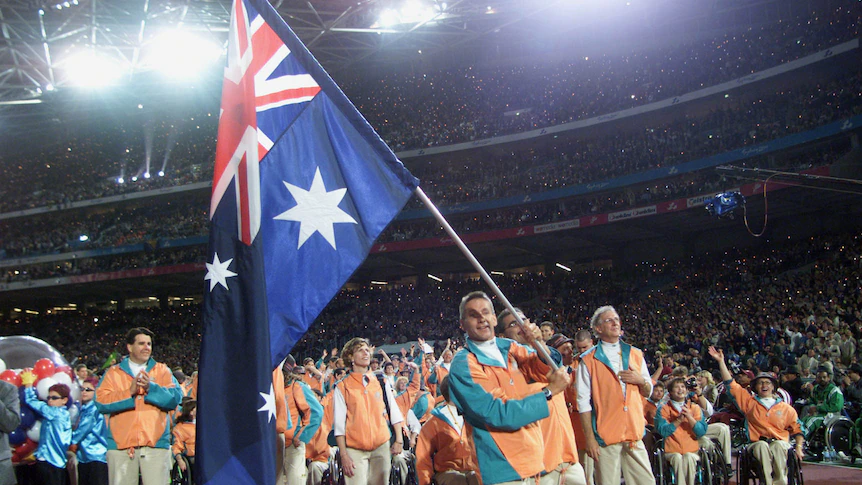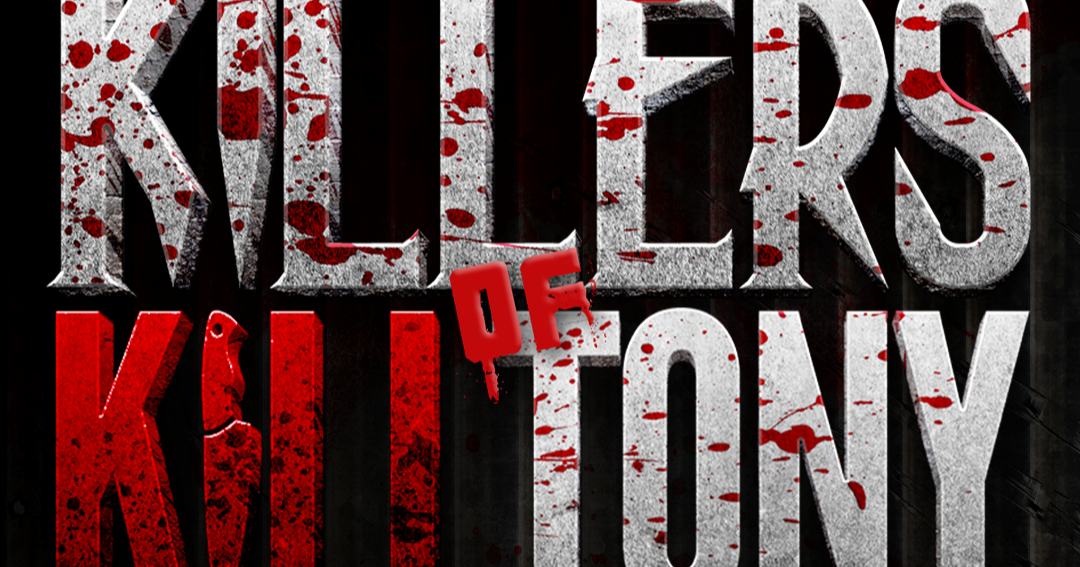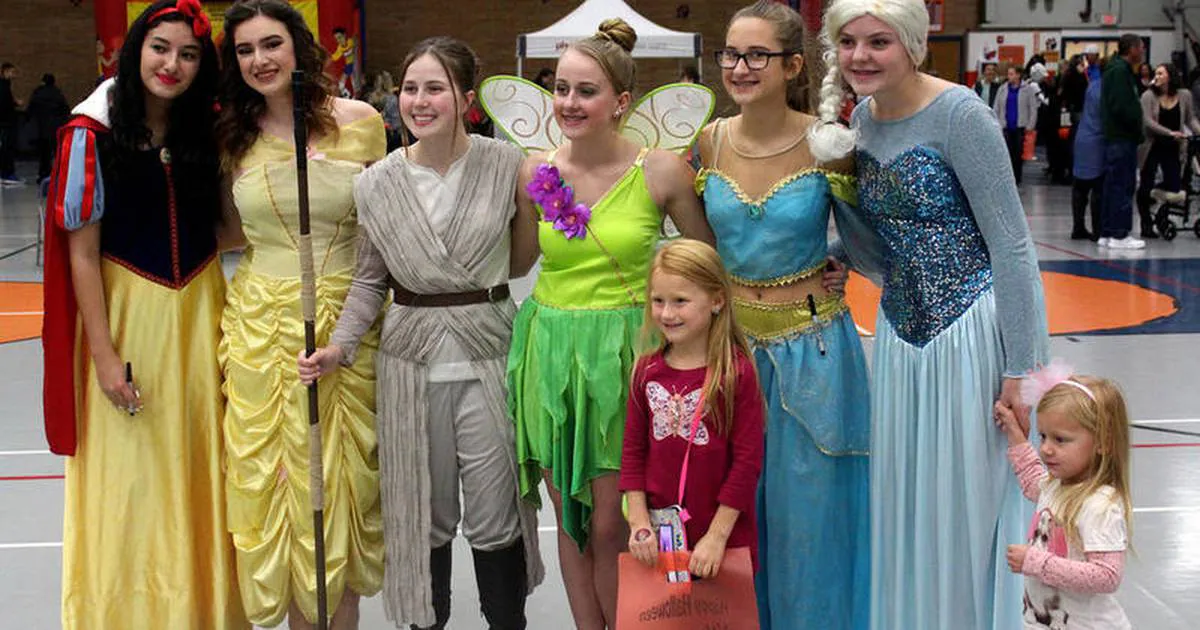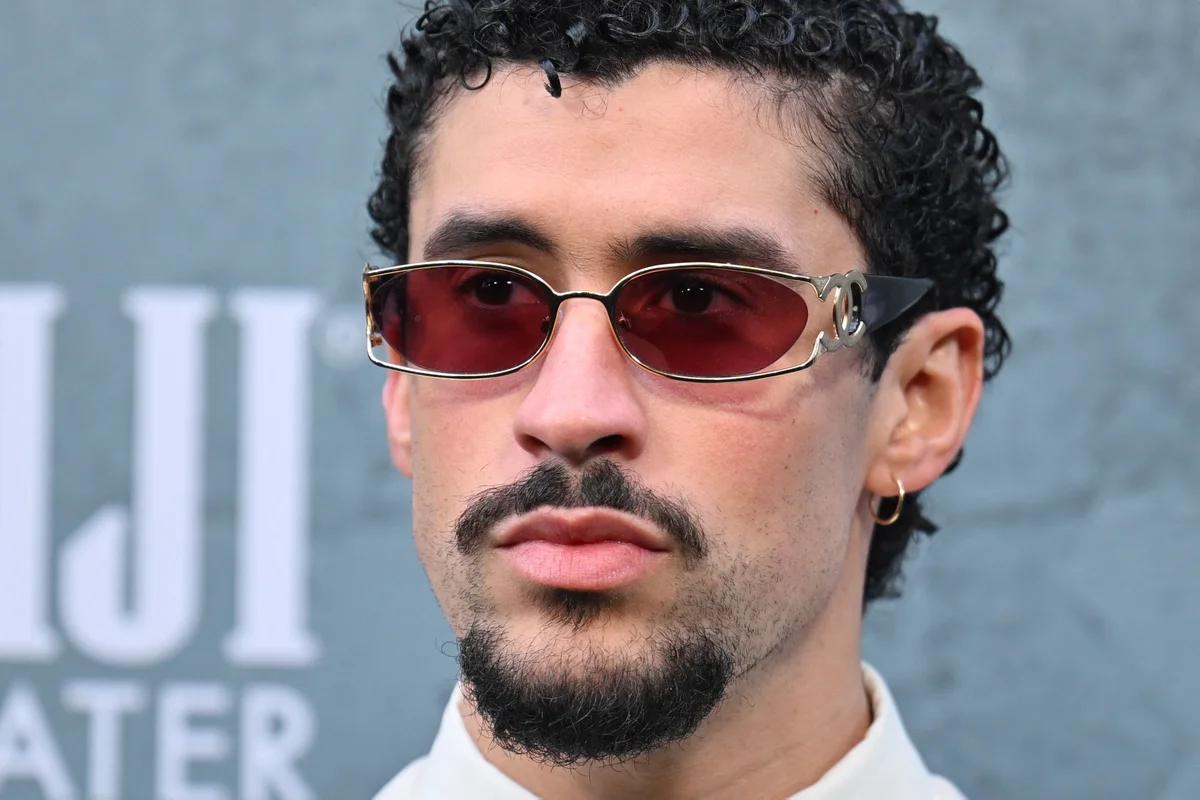Copyright abc

It is probably impossible to pinpoint the moment the Paralympic Games truly found their place on the Australian sporting landscape. But — if retired journalist and ABC Sport legend Karen Tighe was forced to try — she would point to the evening of October 22, 2000. Four days into the Sydney Paralympics, and with the Olympic colour, atmosphere, and excitement of the previous month emphatically transferred, Australia's most famous Paralympian was lining up for the final of her most anticipated event. Louise Sauvage, who would finish her Paralympic career with nine gold medals, was favourite for the 800-metre T54 wheelchair race. Having competed in Barcelona 1992 and Atlanta 1996, Sauvage was already a Paralympic superstar, but the Sydney Games would make her a household name. The 800m was hers to lose, and Australia knew it — having watched her win gold at a demonstration of the event at a packed Stadium Australia during the Olympics. "There was this huge crowd (for the wheelchair race demonstration) while the Olympics were on … the buzz, my god," Tighe told ABC Sport. "You could just see the people thinking, 'Wow, let's watch more of this!'" So, by the time the event proper rolled around, the anticipation had built to a level never reached in Australian Para sport before. A collision over the airwaves For the first time, the Games were being broadcast live on Australian television. Channel 7, the Olympic broadcaster, had declined to broadcast the 2000 Paralympics, opening the door for the ABC to continue the coverage it had begun at the Barcelona Games in 1992. Whereas Tighe was part of a skeleton team that provided highlights packages from Barcelona and Atlanta, in Sydney she fronted a collection of experienced commentators and reporters that broadcasted over 35 hours of television coverage. It was a big step forward for the Paralympic movement in Australia, with over 8 million metropolitan and 4 million regional viewers tuning in to the Games. Twenty-five years on, it is easy to overlook just how monumental that level of coverage was. Long before the days of streaming and smartphones, the 2000 Games took place in a world where even the auxiliary free to air channels and the now humble set-top box were yet to launch. For those 12 days in October, Para sport owned a substantial share of the Australian public's nightly entertainment options. But on October 22, the evening of Sauvage's much anticipated event, there was a collision brewing With the clock creeping towards the hour, it was clear that Sauvage's race was set to run into the most sacred of ABC time slots — 7pm. In 2000, even hell or high water would have struggled to push back the nightly news. Could a wheelchair race? "They delayed the news because of that event," Tighe said. "That was a huge thing back then — not to be going up to the news and having that break and coming back, wow." Ultimately, Sauvage claimed silver in the race, pipped at the line by her main rival, Canadian Chantal Petitclerc. Although far from a disaster, it was a disappointing result for Sauvage, but one that was avenged by her winning of two gold medals later in the Games. For the ABC, the Games were a resounding success, with the closing and opening ceremonies taking the top two spots for the network's most-watched programs of that year. The switch to commercial television The last Paralympics the ABC would broadcast was London 2012. Those Games were widely viewed as the next of the watershed moments for the movement, with the UK's Channel 4 providing comprehensive and progressive domestic television coverage. Its "thanks for the warm-up" poster campaign, executed in the gap between the Olympics ending and the Paralympics starting, is still remembered fondly today, while the network's "Meet the Superhumans" TV advert was an early viral hit. For Tighe, who was once again was part of the ABC's coverage, the success of Channel 4's broadcast marked the beginning of a new era in Paralympic coverage across the world. "That was our last Paralympics in terms of ABC TV covering it," Tighe said. "And, as much as it was so sad because it was such a joy working on it, it was clear that the Paralympics had become commercial television." Sure enough, Olympic broadcaster Channel 7 purchased the rights to broadcast the 2016 Paralympics, and since then, the Olympics and Paralympics have been broadcasted by the same Australian network. Tighe said this was a big moment for the continued mainstreaming of the Paralympic movement. "Look, I think ABC could have continued doing really wonderful things," Tighe said. "But the thing is, you've just got the eyeballs that have been stuck there watching the Olympic Games, and through their Olympic Games coverage they can promote what's coming up next." Paris 2024 and the rise of new media The 2024 Games were another breakthrough in terms of Australian television coverage. The seventh Paralympics to be broadcast live on Australian television, 9Now broadcast every event across 20 dedicated live-streamed channels, with the presenting and commentating team featuring retired Paralympians such as Kurt Fearnley and Ellie Cole. Globally, the International Paralympic Committee reported that the live audience for the 2024 Games grew by 40 per cent from the benchmark set at Tokyo 2020. Social media, as well, played a larger role in the 2024 Games that it had ever before. The official Paralympics Instagram and TikTok accounts garnered significant traction for its meme style content in the lead-up to the Games, and provided extensive highlights and updates during them. Australia's Paralympic stars, too, were more accessible than ever before. In addition to being able to speak directly through their own social media accounts, athletes were able to tell their stories through snippets of pool- or track-side interviews that made their way across the internet. The 2024 Games were held in a world technologically unrecognisable to the one in which the Sydney Games solidified the Paralympics' place on the Australian sporting landscape. And by the time Australia hosts its next Games in 2032, that ground will have undoubtedly shifted once more. Tighe is optimistic the continued development of new media will only make the Paralympics more accessible. "Now, with all the multi-platform storytelling, you just feel so much more connection … even when I think about it now, I just can't wait until Brisbane."



